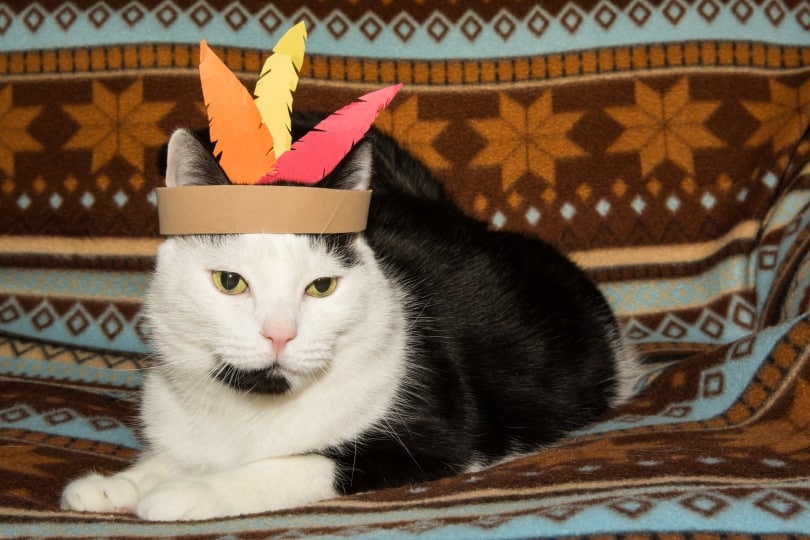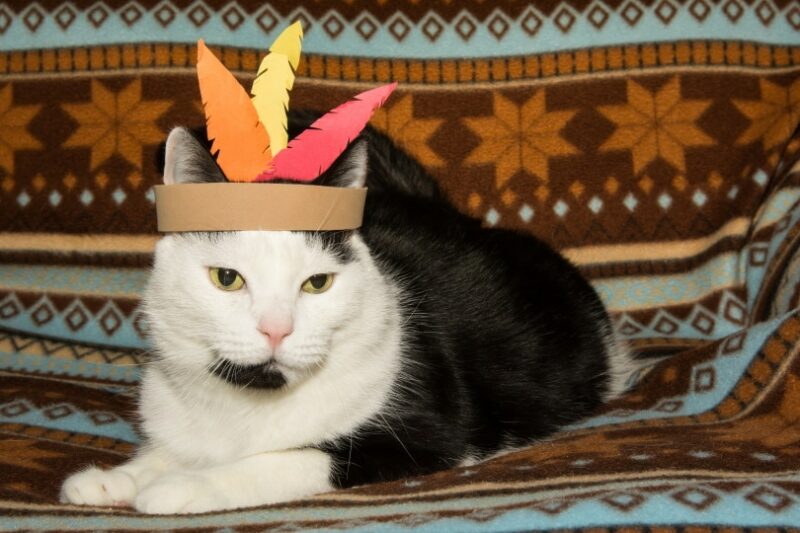Click to Skip Ahead
Choosing your pet’s name is one of the best parts of pet ownership. If you’ve recently added a cat to your household, finding the perfect name can be fun but also a bit difficult. Browsing names can feel overwhelming because there are so many to choose from.
If you are looking for an Indian cat name, you will find plenty of options. India is a country with many languages and cultures. You can be sure to find a name that you love that also suits your cat. It just may take a bit off searching! To help, we gathered our favorite Indian cat names so you can choose the best name for your male or female cat. We also included a gender-neutral section of names that will work for any cat.
How to Find the Perfect Cat Name
Picking a name for your cat is a personal choice. You can choose a name that is meaningful to you. If you have a passion for Indian culture, giving your cat a special Indian cat name is a beautiful choice. The name could also describe your cat’s appearance or personality. You can also consider your favorite characters, books, movies, and songs for inspiration. The options are endless!
Whichever name you choose, remember that this will be something that you will say every day for a long time. It should be something that you enjoy saying and that your cat can easily understand and distinguish from other words.

Female Indian Cat Names
Your female cat will love one of these unique and lovely names. If you’re looking for a strong, beautiful, or noble cat name, you’ll be sure to find one on this list. Whether you’ve adopted a kitten or an older girl cat, these names will work for any age.
- Aarohi
- Aaryahi
- Abha
- Adah
- Aditi
- Adweta
- Alia
- Amani
- Amita
- Amruta
- Anahi
- Anaya
- Anushka
- Anya
- Archana
- Avani
- Avni
- Bhavna
- Bimala
- Binita
- Brinda
- Bushra
- Chaaya
- Chaitaly
- Chanchal
- Chandani
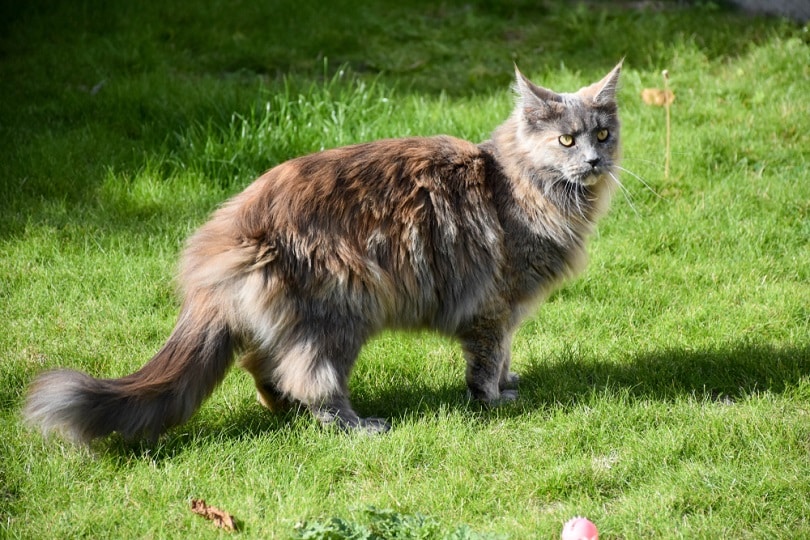
- Chasmum
- Chavii
- Dalaja
- Darika
- Dishani
- Ela
- Eshana
- Eta
- Ganga
- Gautami
- Geetika
- Harini
- Harita
- Heer
- Idika
- Ikshita
- Isha
- Jagrati
- Jagvi
- Jalsa
- Jannat
- Januja
- Jasmit
- Jiya
- Kamya
- Kaur
- Keya
- Khushi
- Kismat
- Kumari
- Kyra
- Laboni
- Laila
- Lajita
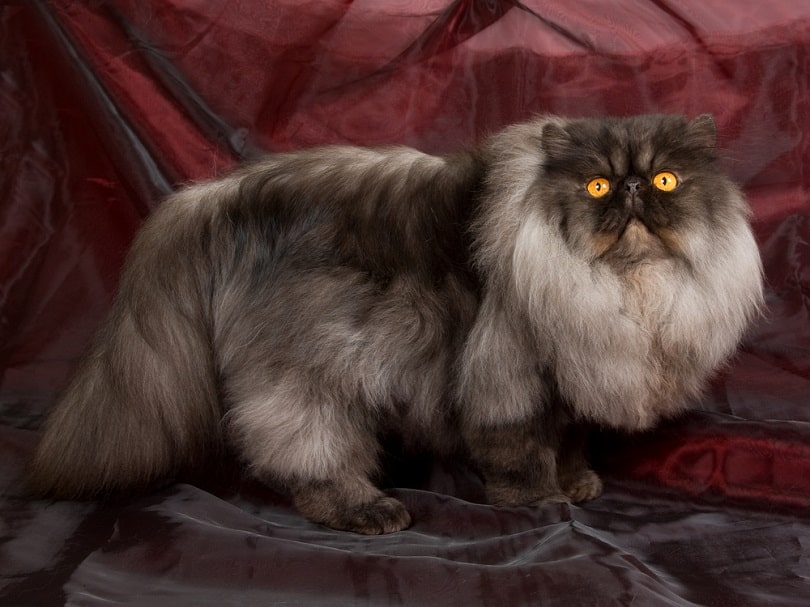
- Lakshmi
- Leena
- Lekha
- Libni
- Lipika
- Manjari
- Megha
- Mina
- Miraya
- Mishka
- Mishti
- Nasrin
- Nayantara
- Netra
- Nila
- Nilima
- Nisha
- Nitara
- Odika
- Omaja
- Omya
- Osha
- Padma
- Palak
- Pallavi
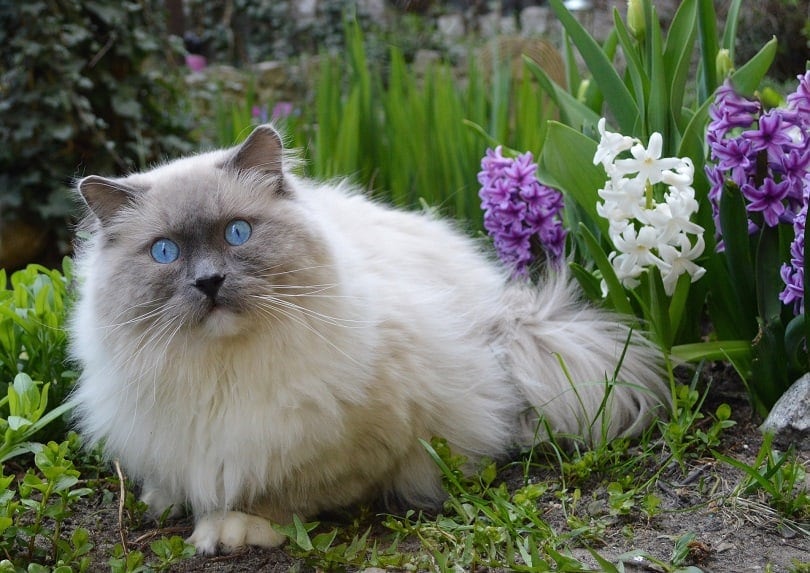
- Pari
- Parinaaz
- Piya
- Prisha
- Qushi
- Radha
- Rania
- Rati
- Raveena
- Reshmi
- Saira
- Samaira
- Savitri
- Seher
- Siya
- Suhani
- Tamanna
- Tanmayi
- Tarini
- Tiya
- Tripti
- Trishna
- Triveni
- Tulsi
- Turvi
- Udyati
- Unni
- Vamakshi
- Vanya
- Vasana
- Vasatika
- Warda
- Widisha
- Yashodhara
- Yasti
- Yochana
- Zora
- Zoya
- Zuri
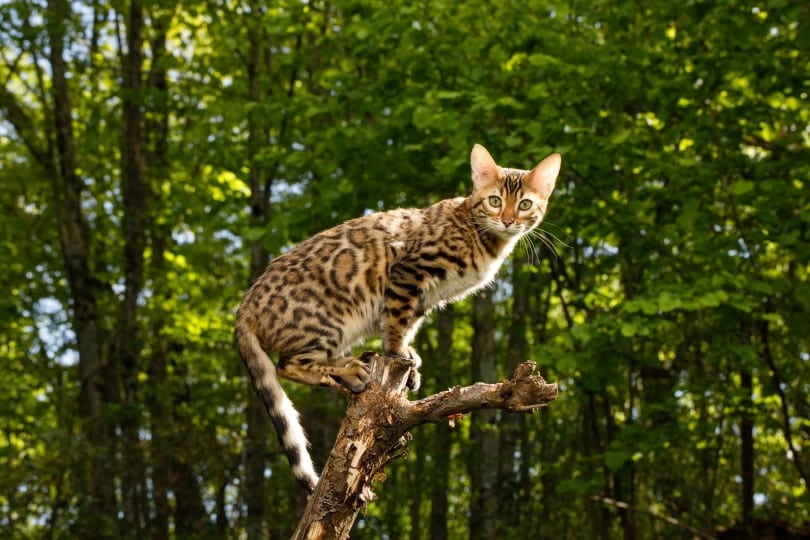
Male Indian Cat Names
If you’re looking for a male Indian cat name, these options are brave, bold, and wise. Any of these names would be great for your fearless feline. There are great options no matter what type of name you want. If you are still having trouble deciding, browse the gender-neutral section for more ideas.
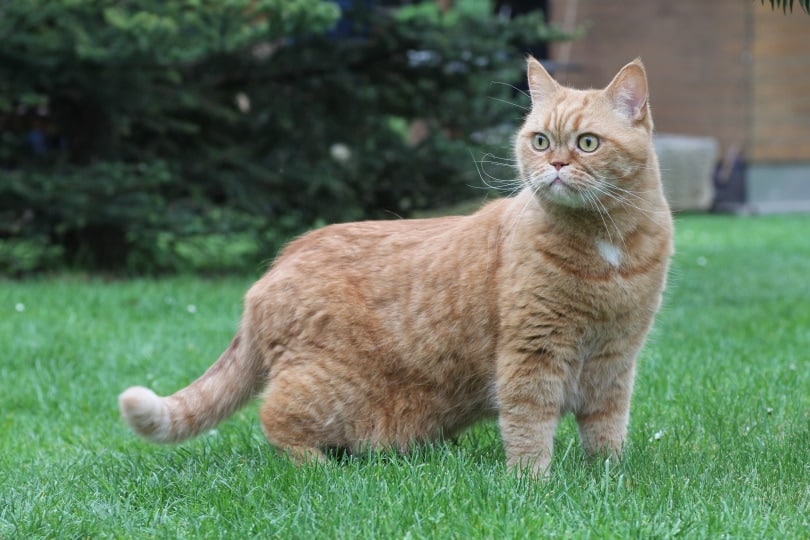
- Aarav
- Aarush
- Adil
- Akshay
- Anmol
- Ansh
- Asad
- Ashwin
- Atharv
- Azad
- Aziz
- Bala
- Balhaar
- Baljiwan
- Balveer
- Brijesh
- Chakradev
- Chander
- Charan
- Chatresh
- Dalbir
- Dev
- Devadas
- Devansh
- Divit
- Ekansh
- Ekapad
- Emir
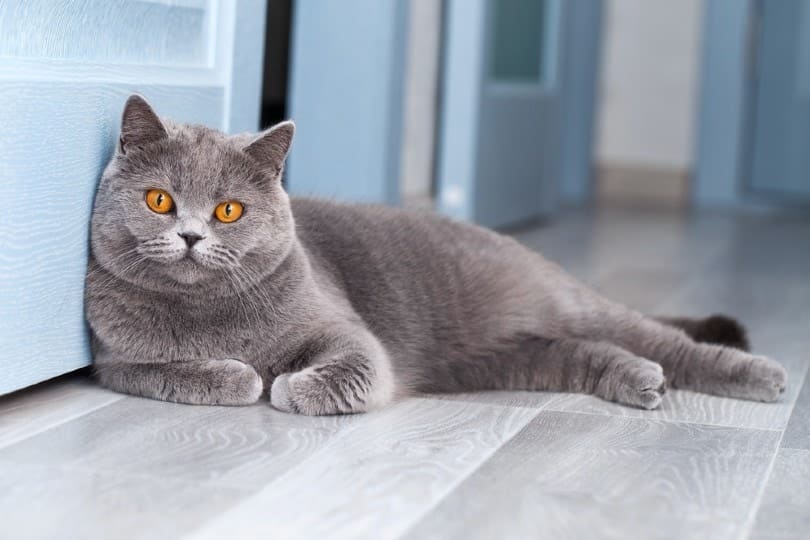
- Falan
- Faris
- Fitan
- Fiyaz
- Frado
- Gatik
- Girik
- Girish
- Gohar
- Harsh
- Harshil
- Hemang
- Hiran
- Hunar
- Imaran
- Irfan
- Isaac
- Ishaan
- Ishwar
- Jainew
- Jatin
- Jayant
- Jayesh
- Jeet
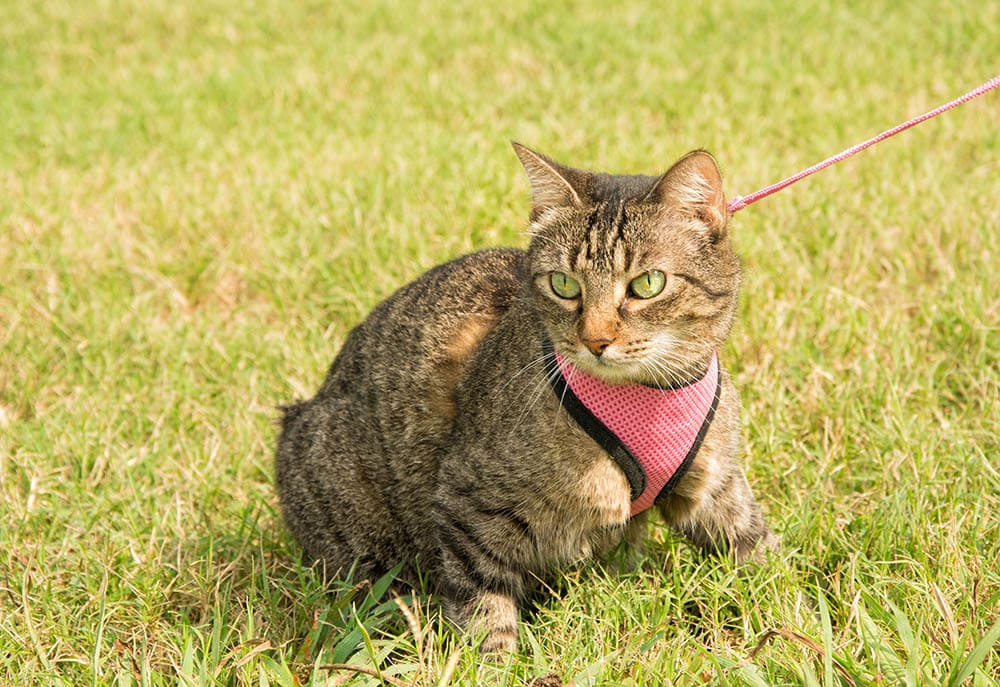
- Jivin
- Kabir
- Kalpit
- Karan
- Kartik
- Kavi
- Khan
- Kiaan
- Krish
- Lagan
- Laksh
- Lohit
- Maanav
- Manan
- Mani
- Manu
- Mehul
- Nihal
- Nishith
- Nitesh
- Ojas
- Om
- Orinder
- Pradip
- Pranay
- Pranit
- Prem
- Priyansh
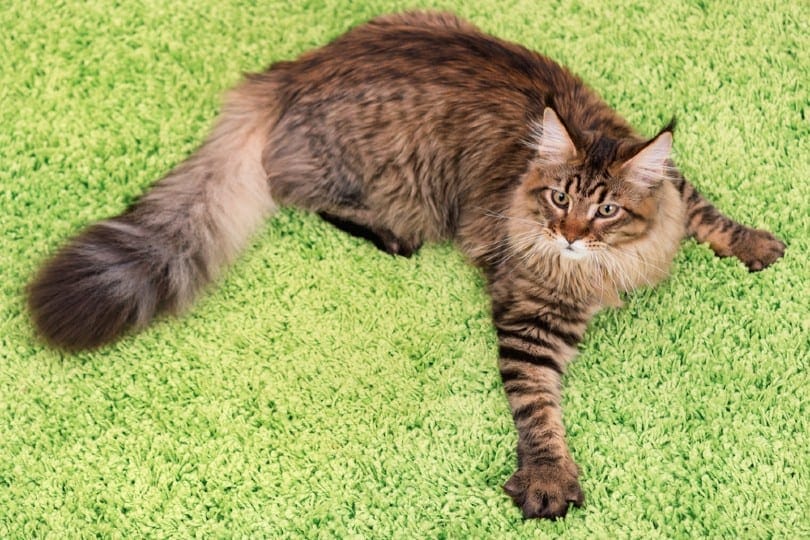
- Purab
- Rachit
- Raghav
- Raj
- Rajiv
- Rayaan
- Riaan
- Rishi
- Rohan
- Ronith
- Rushil
- Sachin
- Sahil
- Sai
- Samesh
- Sardar
- Shaan
- Shalv
- Shandar
- Shlok
- Shray
- Siddharth
- Singh
- Stuvan
- Sumer
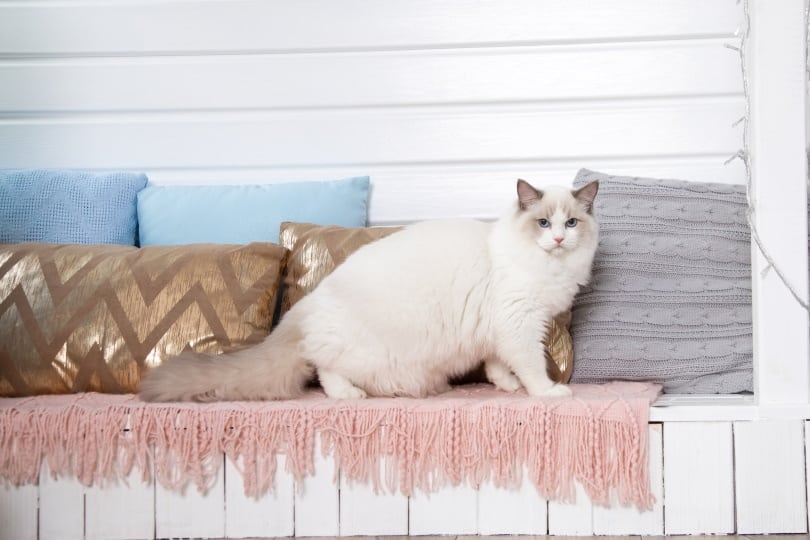
- Taimur
- Taran
- Teerth
- Tejas
- Udant
- Vasu
- Vedant
- Vidur
- Vihaan
- Vijay
- Viraj
- Vishnu
- Wahab
- Warinder
- Wriddish
- Yash
- Yatan
- Yatin
- Yug
- Yuvraj
- Zaid
- Zashil
- Zeeshan
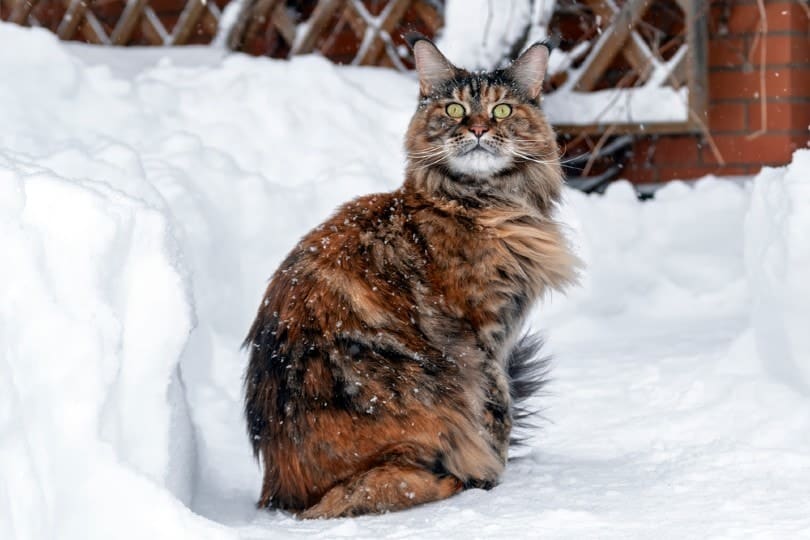
Gender-Neutral Indian Cat Names
If you’re looking for a gender-neutral name for your kitty, you can’t go wrong with one of these options. They will suit all cats of any color, size, and age! Instead of limiting yourself to only male or female name suggestions, try one of these and see how it works for your cat.
- Apurva
- Chaman
- Davinder
- Daya
- Deepu
- Ezhil
- Hari
- Hemadri
- Jambuki
- Jaya
- Jyoti
- Kaniska
- Kanta
- Kanti
- Kelika
- Kiran
- Ksama
- Mahita
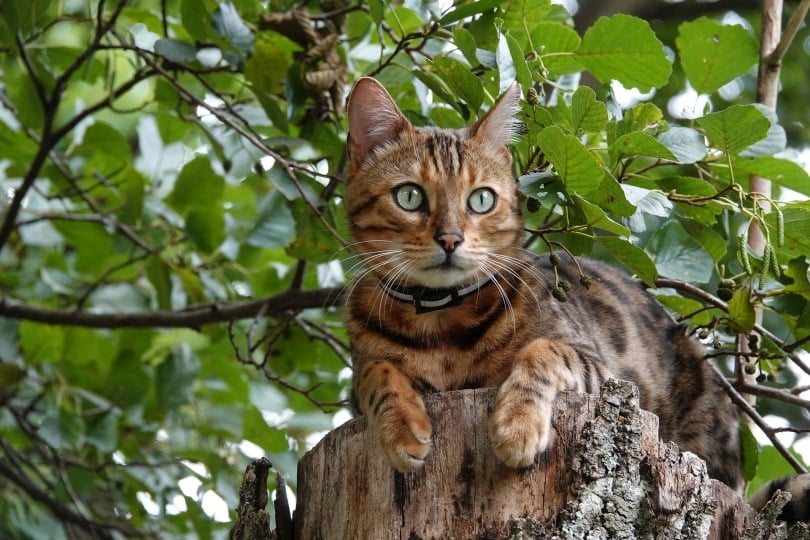
- Mandeep
- Nasim
- Nimita
- Nitya
- Panini
- Rajani
- Rasika
- Rasmin
- Sindhu
- Swarna
- Uksita
- Vadisa
Final Thoughts
We hope that you’ve enjoyed our Indian name suggestions for your new feline friend! Whether you decide to go with one from this list or we’ve inspired you to think of your own, you are sure to create many happy memories using your cat’s name for years to come! Choose a name that you enjoy, and your cat is sure to love it.
- You may also be interested in: Arabic cat names
Featured Image Credit: Jay Ondreicka, Shutterstock

